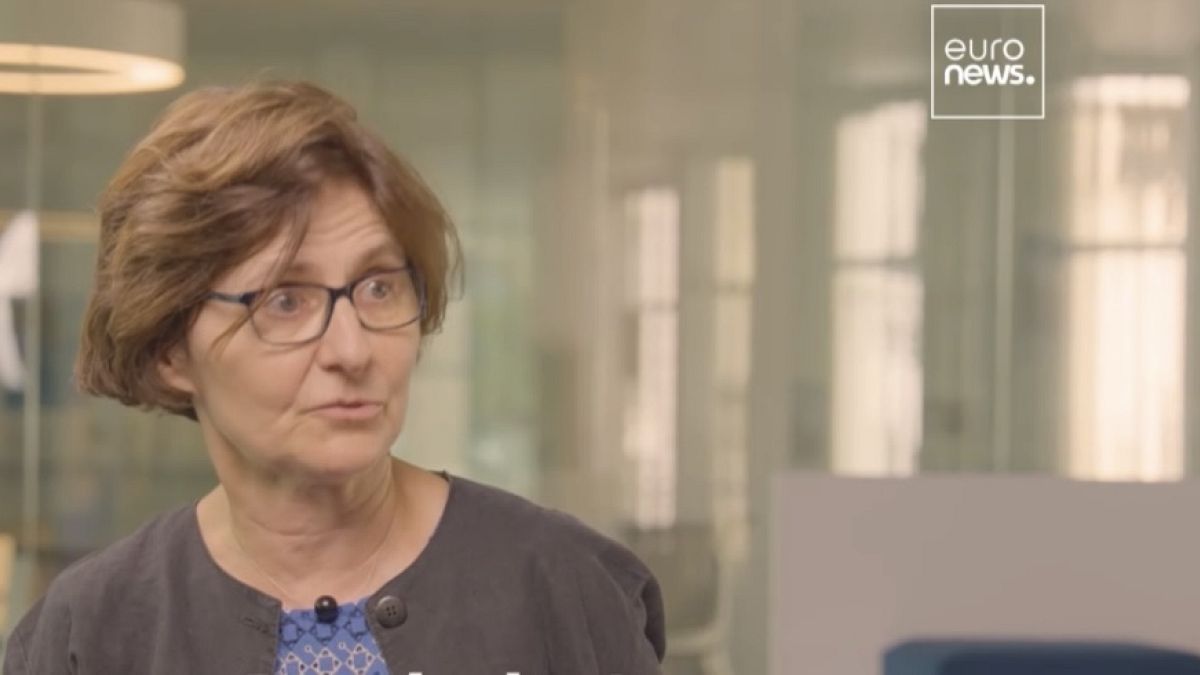The Parliamentary Budget Committee has taken a definitive stance on the 2025 budget, firmly rejecting the Council’s proposal to eliminate €1.52 billion from key EU initiatives such as Horizon Europe and Erasmus+.
On Monday evening in Strasbourg, Members of the European Parliament (MEPs) voiced their opposition to significant cuts to major EU programs. Instead, they advocated for increased funding when finalizing their position on the European Commission’s draft budget for 2025. “We are advocating for an increase to vital programs that we believe are essential in the current context,” stated MEP Victor Negrescu (Romania/S&D), who leads the Parliament’s negotiations on the budget. This position was approved with 29 votes in favor, 8 against, and 1 abstention.
In reviewing the Council’s budget proposal, MEPs examined nearly 1,000 amendments, focusing particularly on the proposed cuts to influential programs such as Horizon Europe and the Erasmus+ mobility scheme. “The Council’s attempt to reduce the EU budget for 2025 is totally unacceptable,” expressed Andrzej Halicki (Poland/EPP) prior to the vote, underlining Parliament’s unwillingness to back this approach that jeopardizes critical funding for initiatives like Frontex, the International Security Fund, and educational opportunities through Erasmus+.
Hungarian minister Péter Banai, overseeing budget discussions, clarified that the Council’s intentions center around maintaining “prudent budgeting” while ensuring a “buffer for unexpected situations.”
Notably, the most substantial cuts suggested include €400 million from the Horizon Europe research initiative, €294 million from the Erasmus+ program, and €110 million from the Connecting Europe Facility Digital, which aims to boost digital connectivity within the EU.
“Prudent budgeting is one aspect, but we must not overlook the necessity for the EU to invest in our economy, support young farmers, and foster innovation through Horizon Europe,” Halicki emphasized.
This budget marks the first time the EU’s financial strategies will reflect the costs associated with repaying the debt incurred through the NextGenerationEU recovery plan, creating challenging decisions ahead.
The Commission’s draft budget for 2025 already included reductions compared to the previous year in various programs, including EU4Health and Horizon Europe. For Parliament, however, the Council’s proposal remains “unacceptable.”
Negrescu highlighted Parliament’s vision for a “people-centered 2025 EU budget exceeding 200 billion euros,” stressing the importance of adequate funding for youth, farmers, small and medium-sized enterprises (SMEs), education, health, research, infrastructure, security, and humanitarian aid. The budget committee has endorsed amendments aimed at reversing the Council’s cuts and boosting financial support for Erasmus+, humanitarian efforts, and disaster response.
The final position of the Parliament is set to be ratified during a plenary session in late October. Following this, trilogue negotiations with the Council and the Commission will commence in November, aiming to reach a consensus by the November 18 deadline.
Photo credit & article inspired by: Euronews



